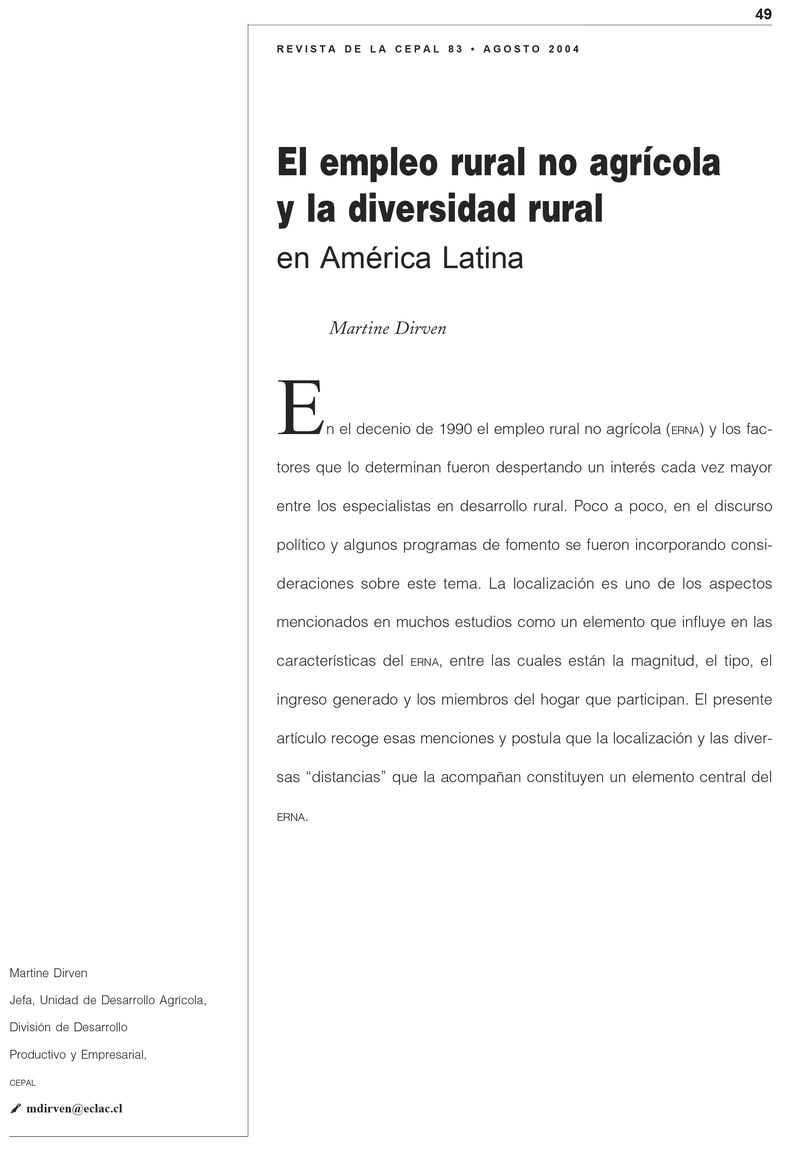اللامركزية والضرائب على الملكية الريفية
تم إعداد هذا الدليل الخاص باللامركزية والضريبة على الملكية الريفية لمساعدة القائمين على إدارة الأراضي الذين يشاركون في تصميم وتنفيذ نظم الضريبة على الملكية الريفية، في وضع يشهد تزايد دعوة مؤسسات حيازة الأراضي إلى دعم نقل مسؤولية الخدمات إلى الحكومات المحلية. ويتوقع من عملية اللامركزية هذه أن تحسّن تقديم الخدمات عبر إيكالها إلى المستوى الحكومي الأقرب من المستفيدين منها. وإذ يتسع نطاق الخدمات التي توكل بها الحكومات المحلية، فإن العديد من البنى الحكومية الريفية ما زالت تفتقر إلى الموارد اللازمة للاضطلاع بالمسؤوليات الجديدة الملقاة على عاتقها.




